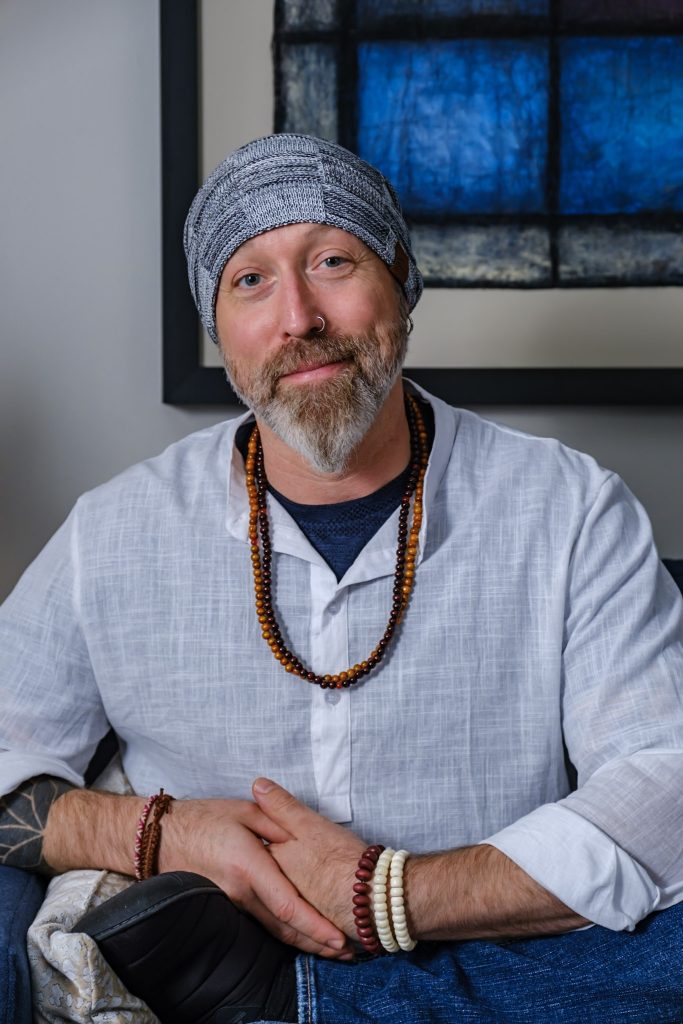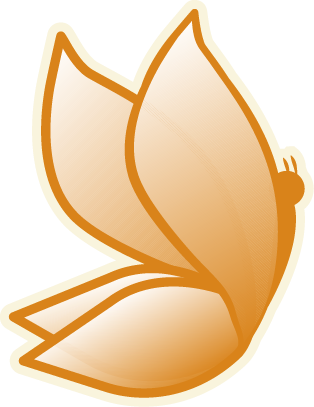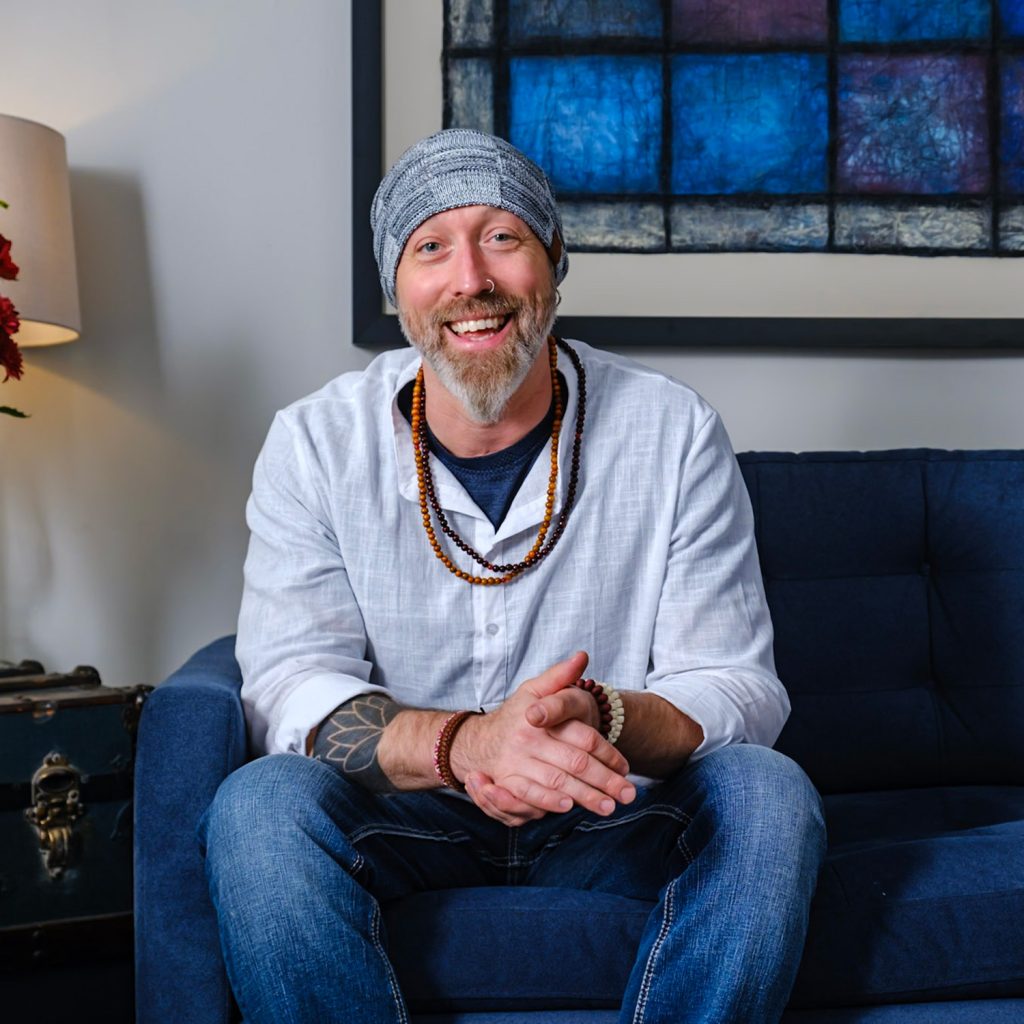- 7399 Middlebelt Rd, Suite 1, West Bloomfield, MI 48322
- (313) 673-4800
- Telehealth in MI and AR
- (LGBTQ+ Safe)

This may not be something that life coaches would normally admit, but my entire life I’ve been caught between the feeling of being too much and too little at the same time. As an artist, intellectualist, and deep feeler, I never quite knew my place in the world except when it came to music – an area I quickly and thoroughly excelled in. To my surprise, my decent music career led me into leadership positions I never expected to be in, and in churches nonetheless! They were brave to hire me. I’m not what you would call ‘conventional’.
And while my own relationship with spirituality has expanded beyond the confines of a single religion, it was in churches that I realized my worth to those around me. I had a purpose beyond being a musician, beyond being an employee of a religious institution – I had the gift and honor of creating safe spaces for those who were misunderstood, marginalized, and just didn’t feel they had anywhere to fit in. And whichever church employed me, the music boomed.
It was through leaning into this strength – and leaning into my own spiritual curiosity by getting a degree in Religion & Philosophy – that I began to pursue a coaching track focusing on Spiritual Development and Community Groups. Everywhere I go, I meet people searching for a healthy, personal form of spirituality and craving the kind community that is difficult to build outside of religious organizations.
As someone who has endured religious trauma and spiritual harm, and is married to a therapist, I’ve come to realize the importance of the intersection between spirituality and psychology. Holding traditional religion accountable to the world of psychological/emotional health is a powerful shift for so many. My role as a coach is to provide space to explore this kind of ethos. While it is very important for me remain in my lane as a coach (aka, I am not a therapist) it is also important to know that I am passionate about (and educating myself on) the value of anything religious or spiritual serving the healing and growth of the individual and not the other way around.
Being ICF (International Coaching Federation) trained, my approach to coaching gives considerable emphasis on the client exploring and discovering their truths versus me offering insight or advice too quickly. This way, you are inspired to joyfully own your personal growth journey and foster trust in your own knowing and judgment. In so doing, you get to experience a kind of self-awareness that supports your personal and professional development.
Through a supportive environment and carefully crafted, open-ended questions, I encourage deep reflection and help clients uncover insights they may not have consciously recognized. When these moments occur, it’s a joy for all! By truly hearing not just the words, but the underlying emotions and unspoken messages, I help clients gain clarity on their own situations.
When appropriate, I may offer insights or suggestions, but only after thorough exploration of your own thoughts and ideas as I don’t want to dissuade independence and critical thinking skills and create a reliance on external advice.
You have the answers. I’m just helping you to access them.
As an ICF trained coach and the spouse of a therapist, I am incredibly passionate about coaching being held accountable to psychology and neurobiology – even when it comes to the spiritual development track I offer. All too often, I have observed people using religion/spirituality or other beliefs/biases to bypass difficult feelings and situations. But when we try to skip over the hard stuff and not give it the necessary attention, we sidestep the opportunity for growth and can even risk exacerbating underlying issues.
In my work with my clients, I work intentionally to observe when this is happening and bring it to attention in nonthreatening ways, so we don’t miss major opportunities for positive change. Saying that, if it’s an area that feels too much for you to address (aka sets your nervous system on fire) or is more appropriate for a clinical therapist, we will change course (for the former) or I will refer you to the appropriate support (for the later).
It may seem like what I am about to say contradicts ‘Exploration Over Advice’ but hang in there with me. Traditional coaching values dictate a coach remove their personality and experience from the mix, suggesting this may place too much emphasis on the coach and not the client and actually disadvantage the client. While this premise is a baseline for me, my experience and education has also shown how transformative the client-coach relationship can be. And while it is true that there is incredible power in clients discovering a particular truth for themselves, humans crave a kind of constructively vulnerable dialogue that can, at times, be eclipsed by a strict coaching agreement.
Therefore, I will not try to be someone I am not (a blank canvas or plain mirror for a client’s internal world). Often, this leads clients to believe their coach has no personal stake in, or care for, their ultimate well-being. Also, sometimes clients find it helpful to hear personal stories or insights that could help them understand themselves and their own situations from a different vantage point.
But this, too, is client led. I may not offer my stories and insights without prompting, yet should we both understand how meaningful it might be for you, it is definitely up for exploration.
As someone who has undergone faith deconstruction and several major life changes, I have personal experience in much of what my clients bring to the table. While I don’t necessarily believe this HAS to be the case to be an effective coach, I have observed that it instills a more immediate sense of safety and connection with my clients.
I’m human, just like you. And I’ve had to engage my own healing, growth, and development journey. I can’t say it’s always been easy, but having constructive and caring supports around me during those times was invaluable.
I am an individual of many interests, and these show up in my coaching. Beyond the basic skills as a coach, I bring a wealth of knowledge and experience founded in the areas of Religion & Philosophy, Leadership, Psychology, and Meditation/Mindfulness (shout out to my amazing, therapist wife!). My commitment in these areas is essential to providing well-rounded, well-educated coaching.
Sometimes, we humans can have the tendency to want to treat a singular issue in a vacuum – as if it is not impacted by other factors in our internal and external environment and vice versa. But generally, this is not the case. We are complex beings whose various life aspects are intricately interconnected. Invariably, changes in one area will impact another and we will always keep this in mind when discussing your life/faith changes.
This means that during our time together, we will:
By embracing Whole Person Coaching, we move beyond quick fixes and surface-level solutions. Instead, we embark on a journey of profound self-discovery and holistic transformation, leading to more meaningful and sustainable life changes.
This approach acknowledges the beautiful complexity of human existence and honors the interconnected nature of our lives, fostering growth that is as multifaceted as the individuals I have the privilege to coach.
I know we can be unfailing curious about those who help us professionally, so here’s a bit to wet your whistle.
Like I said, I have many interests. And my first love was, of course, music! I am a prolific musician who has played with touring bands and continues to ensure it remains an integral part of my life. My main instruments are the guitar and the Indian sitar. While I’m pretty proficient at the guitar, sitar is my elusive mistress (or rather mistresses…I have a lot of sitars) – always challenging my sense of self and leaving me wanting more! We spend time together in meditation every morning as she is my inspiration and my grounding place.
Health and learning are two other very important parts of my life. At the mid-life stage, I’ve spent many years trying to treat my body well so I can continue living this adventure alongside my beloved wife (who happens to be 14 years my junior). I have nothing to complain about. She keeps me young. And she makes me do yoga! Which, of course, I love now and can’t imagine my life without. My love for learning leads me to helpful podcasts, meditation and mindfulness practices, and psychology resources to deepen my own self-awareness and growth.
My wife has also gotten me into traveling! Who would have guessed I’d be willing to sell my stuff (my precious, precious stuff) and live nomadically? Not me! But now I love it and how it expands my mind and spirit and encourages me to live more imaginatively.
I must also mention my love for all things vintage NES, vinyl, and cocktails – without which, my spark of life would be dimmer. These are my giddy, child-like pleasures that keep me connected to the playful side of life.
And LASTLY, I cannot leave you without mentioning the most important thing – my family. While I love my friends, my kids and my wife are everything to me. You know that wife I maybe mentioned once or four times already? She was the gift I never expected, never thought I deserved, and with her love, I now believe that nothing has ever been wrong with me. I just wasn’t understood. I didn’t understand myself, even. She has helped me heal from so many wounds, grow beyond what I ever thought possible, and she has loved me the whole way through. Thanks, babe.
It provides personalized support and feedback from a trained coach to help clients identify and achieve meaningful goals related to any area of life they feel drawn to explore.
The coach asks powerful questions, provides helpful observations, and offers tools and techniques that are intended to serve the client agenda for each session.
Rather than starting with advice, coaches encourage and help clients uncover their own insights, motivations, and solutions through self-discovery.
Coaching sessions allow focused time to discuss challenges, explore options, create action plans, establish accountability, and track progress.
Good coaches assist clients in developing new perspectives, overcoming limiting beliefs, changing habits, and maximizing strengths.
The coaching relationship is a partnership with the client that is dedicated to exploring their self-efficacy and agendas in a way that contrasts with consulting, counseling, or mentoring.
Coaching is typically focused more on the present and future rather than the past, and targets specific goals versus diagnosing and treating mental health issues. Strictly speaking, the latter is a domain only for a licensed mental health clinician.
While it is impossible to be completely unbiased, the coach does everything they can to step into and serve the client’s world rather than trying to nudge the client towards the preferences of the coach.
The coach is motivated by and accountable to the science of emotional health and human fulfillment but does so in a manner that prioritizes what the client wants out of life.
Stay accountable
Having to report back to your coach helps motivate you and keeps you accountable for following through on your stated goals and commitments. The magic of coaching is predicated on a continual exploration of what keeps a client inspired by and committed to their goals.
Develop strategies and action plans
Life coaches are skilled at helping you map out practical steps to bridge the gap between where you are and where you want to be. How growth can look in various areas of life is an exciting strategizing exercise and is foundational to any coaching relationship.
Get unbiased perspective
Few people experience a shortage of advice (friends, family, pastor’s, gurus, motivational speakers/resources, the internet, etc.). Coaching is unique in that it functions as a nonbiased curiosity regarding a client’s experiences and can even help sift through the myriad of data or advice the client is being drawn towards.
Build confidence
The coaching process is designed to empower you, validate your strengths, and build self-assurance in your abilities. The ethos of good life coaching orbits around two powerful perspectives: the client is the expert of their life, and they have considerable strength and courage to move that life forward in whatever way they choose.
Work through transitions
Whether it’s a career change, relationship issue, or life phase, a coach helps you navigate transitions smoothly. Life is full of change and life coaching leans into that change with the client to explore the power of choice, freedom, and movement.


Bachelor’s Degree in Religion & Philosophy, Central Michigan University
International Coaching Federation Certified Coach
Spiritual Development Coaching
Spiritual Development Community Group
Transitional Life Coaching
My 25+ years as a leader in spiritual communities lends a particular compassion, understanding, and insight for my clients.
My personal experiences with religious trauma allow for tender spaces within which I can support other people’s trauma reflections and healing journey.
My own experience with cancer helps me when working with individuals who have (or whose partners have) medically complex situations.
My history and discipline with Yoga mindsets and practices can bring a useful perspective to certain coaching sessions regarding mind-body connection.
My commitment to Meditation and Mindfulness allows me to speak from a deep experience for any client wishing to explore such practices.
My ongoing engagement and support of LGBTQIA+ Individuals in, or exiting, traditional religious spaces continues to be vitally relevant for the work I do.
My passion is to serve anyone from college aged individuals to top leaders in corporations insofar as they want to dig deep into the challenging as well as inspiring areas of life.
Providing space for anyone to explore their spirituality in a way that feels personally relevant to their history, needs, values, and goals.
Click Here to Learn More
A weekly Zoom gathering intended to facilitate open and honest discussion around the challenges to, and inspirations for, their spiritual journey.
Click Here to Learn More
Transition coaching is a support offered to people who are navigating a particular season of change to access greater clarity, confidence, and success.
Click Here to Learn More
Much like the lotus flower, the muddy waters of our wounds can be fertile ground for transformation.
Copyright © 2024 Soul In Motion Therapy & Coaching. All Rights Reserved | Site by La Dolce Video & Design